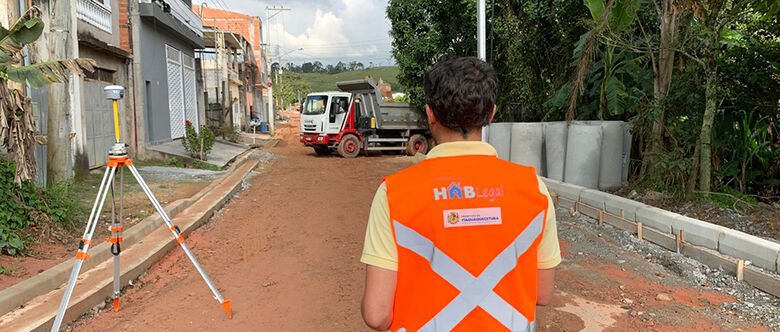
Urban Land Regularization Program in irregular areas in Santa Izabel do Pará (PA)
Urban development, tax increase, expansion in the implementation of public policies and increase in the quality of life of residents in these areas.

Dialogues with Brazil.
August 28 to September 1 2023, Berlin, Germany
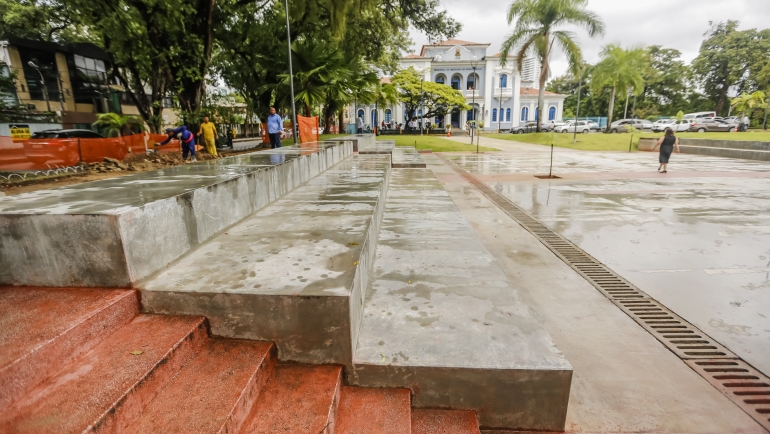
Nature-based solutions with a focus on health (e.g. heat stress, disaster risk reduction, food security, others)
Impacts of climate change (flooding, heat stress, air and water quality, others)
The Capibaribe Park is a project of the Recife Municipality that aims at the environmental recovery of the 15 km ecological corridor of riverbanks, today sometimes abandoned, sometimes inaccessible and/or underused, sometimes occupied by poor communities at high risk. It also aims at urban restructuring through the implementation of a linear park along the river banks, as a backbone of the city for active mobility, more resilient to the effects of climate change and reducing greenhouse gas emissions. It is 30 km long and covers 7,808 ha. It will impact 44 neighborhoods of the 94 existing in the city and will benefit more than 520 thousand people, around 1/3 of Recife’s population. The implementation of 140 km of infiltration streets (access streets) and 230 km of cycling routes are planned, as well as 12 exclusive walkways for active mobility, reducing the perception of the river as a barrier and improving the connectivity of the urban fabric. Other premises are also considered important, such as the long-term implementation of the project, being flexible in time and space and incorporating other projects either already developed or under development at the municipal level. It also focuses on opportunities, both transversally, in partnerships with other institutions, and with funding possibilities that arise. The project seeks to respect socioeconomic clippings when incorporating the Territories, to enhance the roles of micro-regions, and to engage the society in its appropriation, so as to go beyond the management of public agents. Above all, it is an inclusive project that aims to collaborate with the Sustainable Development Goals (SDGs – UN ), especially in actions related to health and welfare, drinking water and sanitation, sustainable cities and communities, action against global climate change, life on water, life on land.

Urban development, tax increase, expansion in the implementation of public policies and increase in the quality of life of residents in these areas.
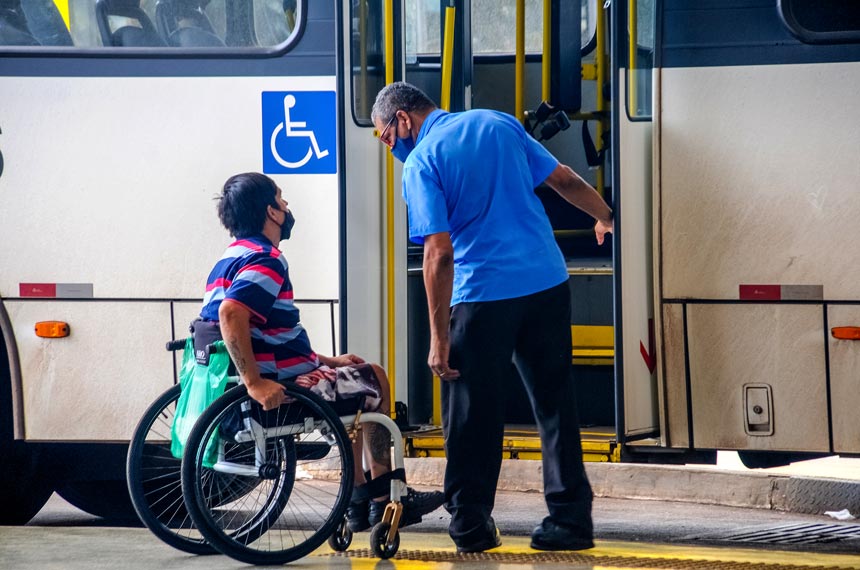
Improve the accessibility and sustainability of public transportation in Brasília (implementation of adequate infrastructure for people with reduced mobility, promotion of the use of electric or low carbon emission vehicles, and awareness about the benefits of public transportation and its importance for environmental sustainability).
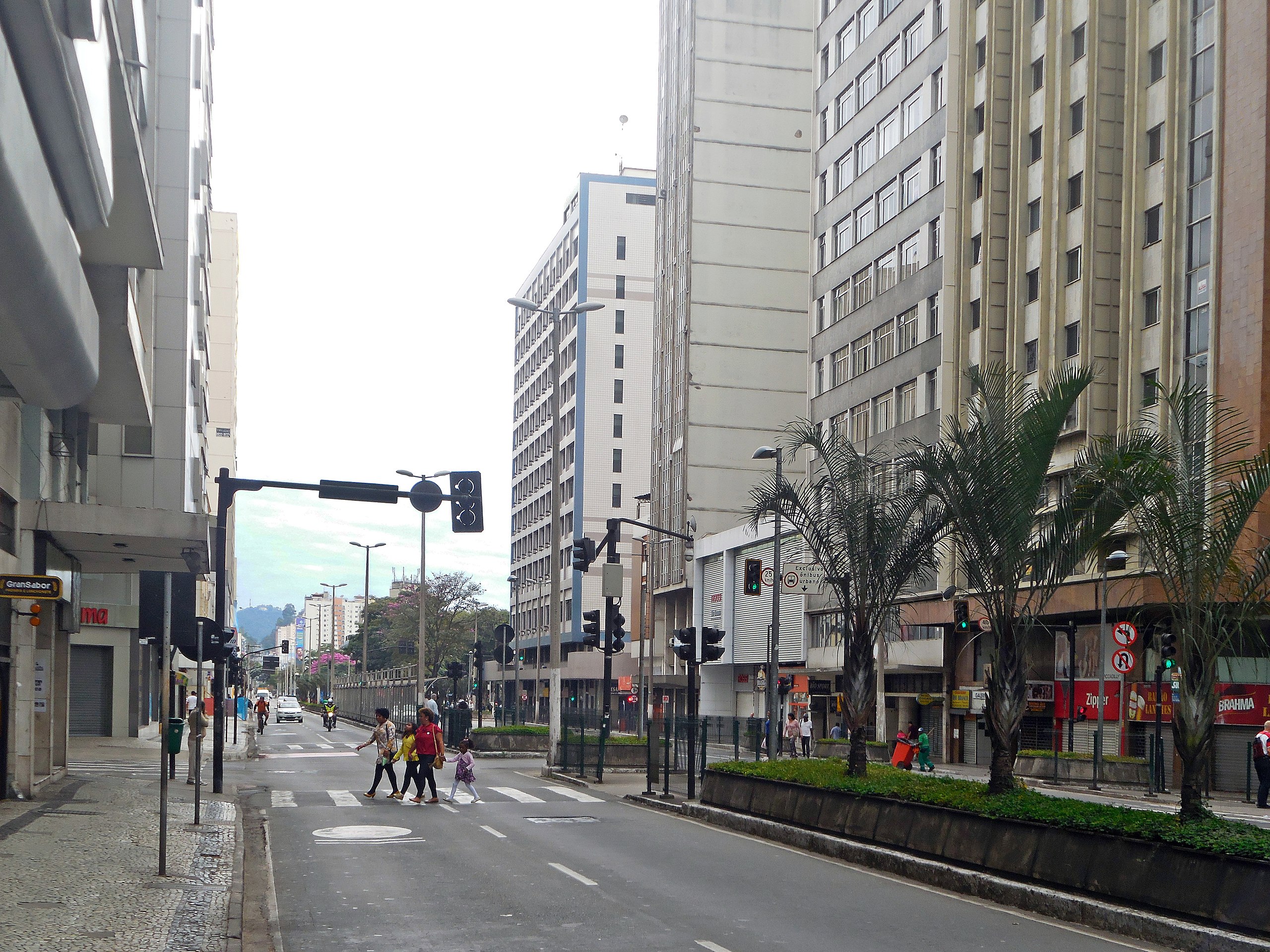
Public space and street physical access to vulnerable groups (children, pregnant women, older adults, peoplewith dissabilities, adults at risk, other)
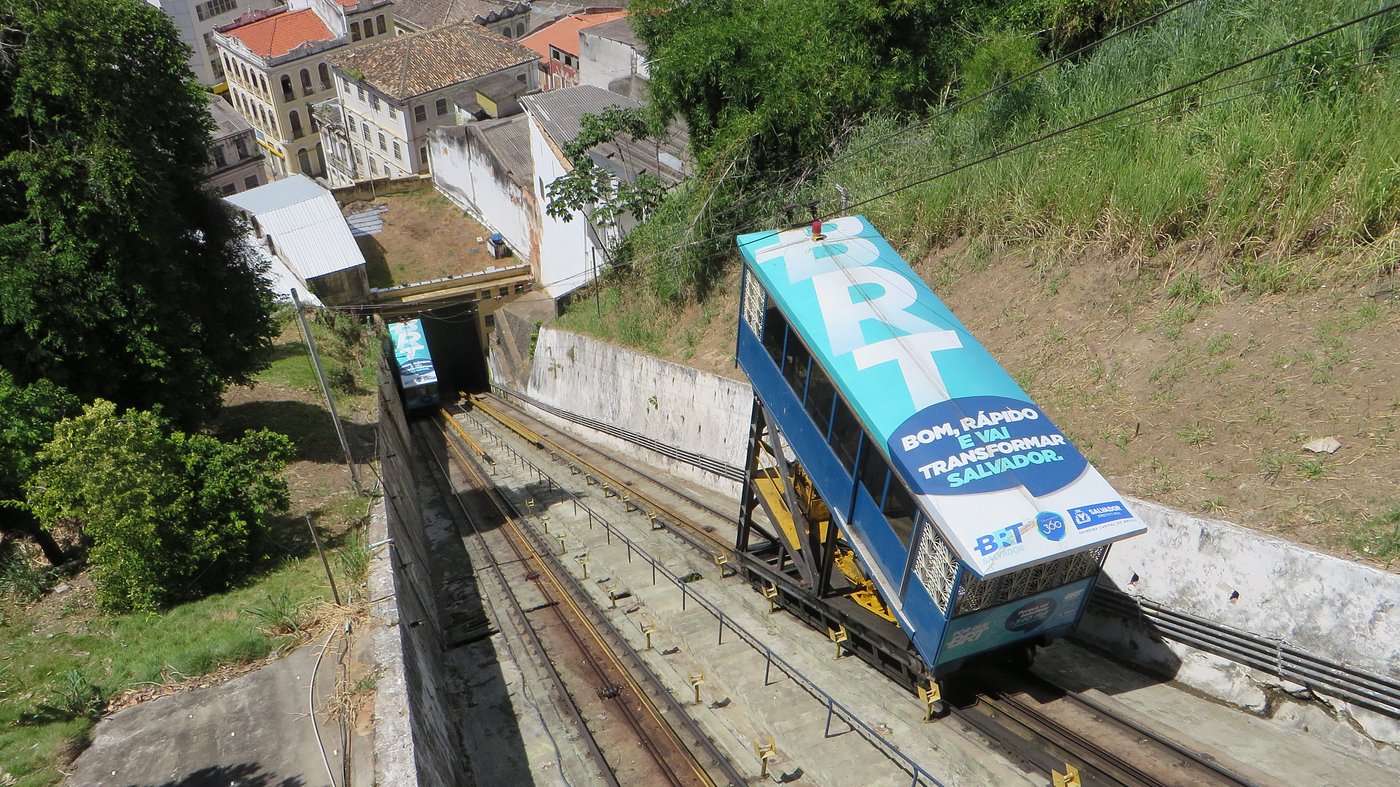
Social inclusion, improvement of quality of life, growth of income by acessing more jobs and connecting marginalized areas with formal city.
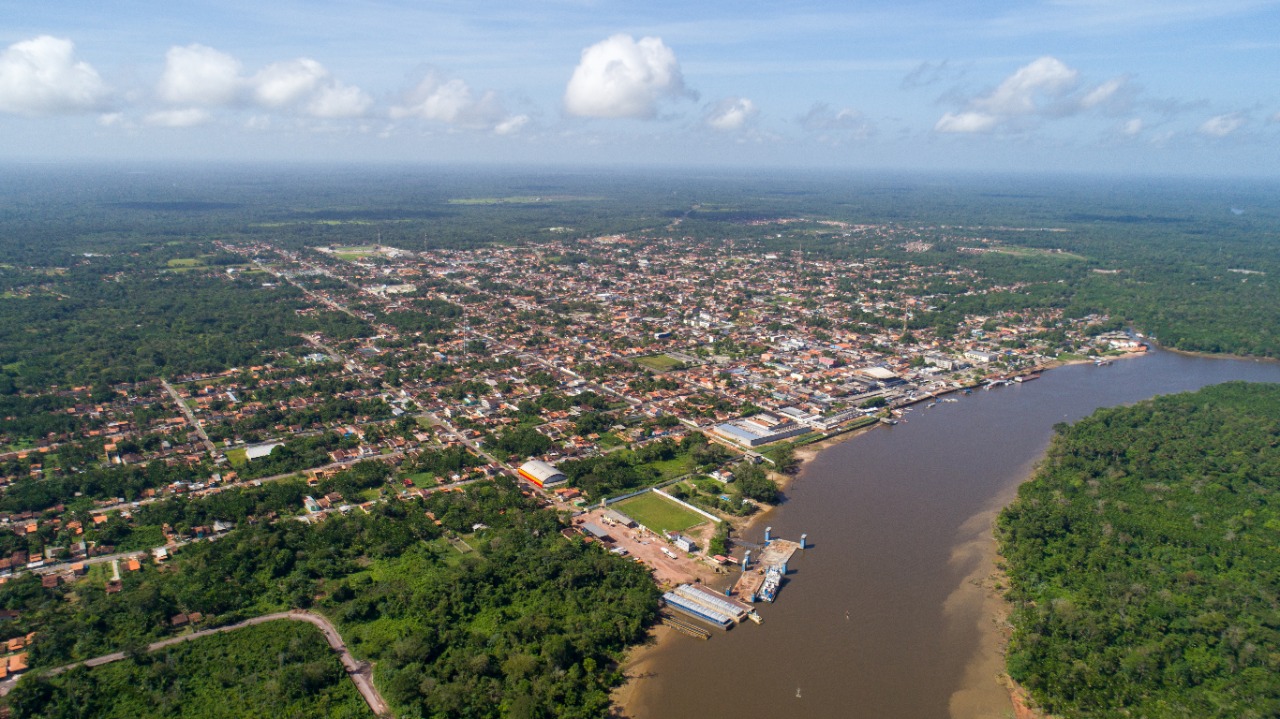
Impacts from climate change (flooding, heat stress, air and water quality, other)
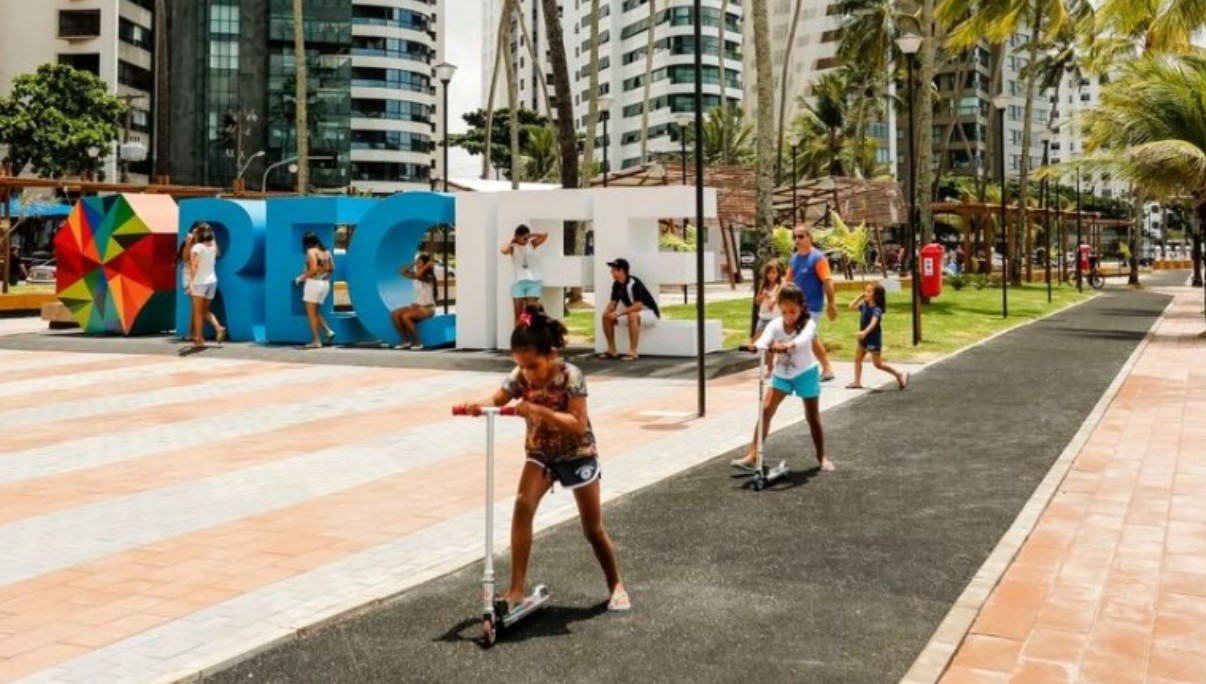
Multidisciplinary Urban Intervention, addressing all project tracks
We battle climate change impacts on urban ecosystems and health across different European climate zones.
Co-funded by the European Union.
We support city makers in implementing sustainable development goals with evidence.